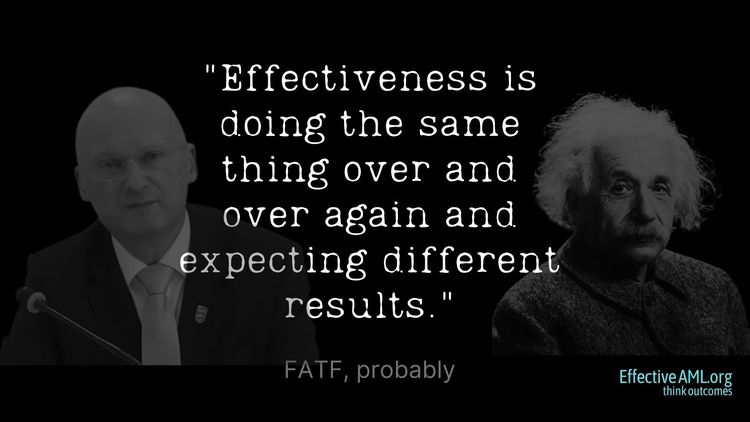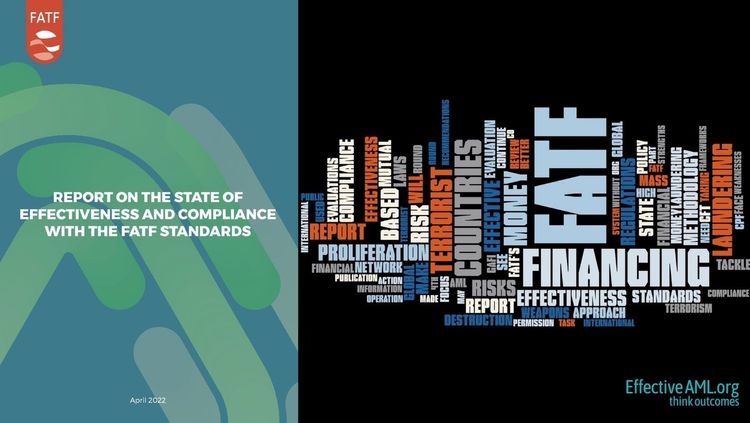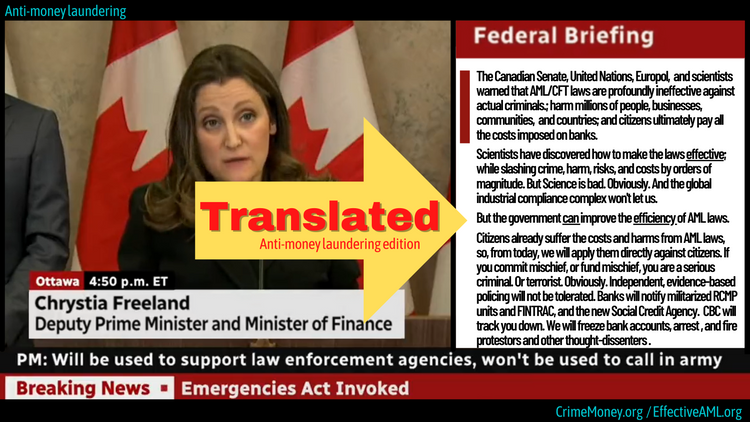Anti-money laundering: A lesson from modern wars

Vietnam. Iraq. Afghanistan.
Each conflict shares key traits with the “war” on money laundering.
With battle plans characterized by no clear mission, conflicting objectives, and a lack of robust, objective metrics to demonstrate success, victory was unattainable.
Undaunted, high-ranking officials who knew each war was unwinnable insisted publicly that they were making progress. For many years. Even decades. This involved packaging a “success” narrative for the media and acclimating a belief culture in the middle ranks.
As Bob Crowley, an Army colonel in Afghanistan, explained, the official narrative “reinforced that everything we were doing was right and we became a self-licking ice cream cone”.
No fault rests with brave soldiers, nor compliance professionals doing a tremendous job. As scientists have demonstrated, and even the United Nations rues its impact and harm, the system design and battle plan make victory unattainable in the war against money laundering.
But whether you pin the botched withdrawal from Afghanistan mostly on President Trump for ordering it or pile most of the blame on President Biden for its implementation, Biden revealed a crucial difference between real wars doomed to fail and the make-believe “war” against money laundering, destined likewise.





